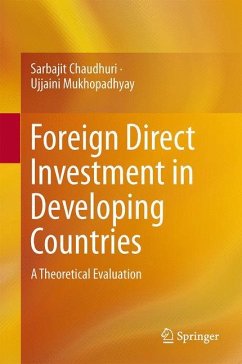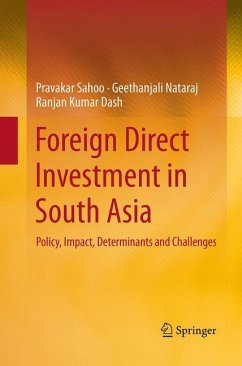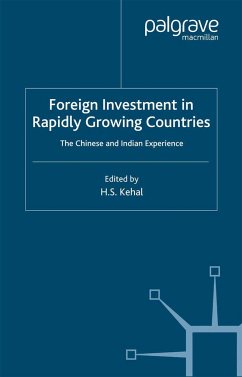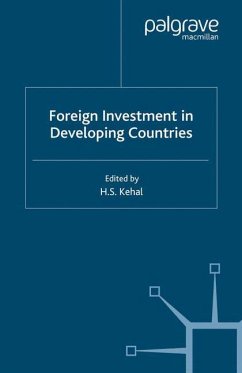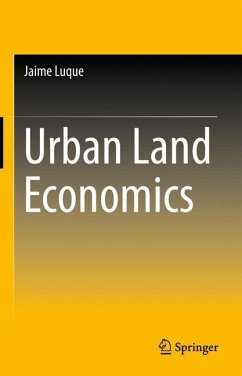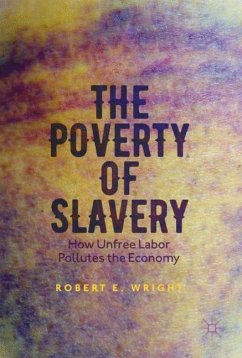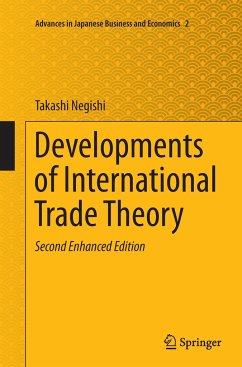
Foreign Direct Investment in Developing Countries
A Theoretical Evaluation
Versandkostenfrei!
Versandfertig in 6-10 Tagen
76,99 €
inkl. MwSt.
Weitere Ausgaben:

PAYBACK Punkte
38 °P sammeln!
In development literature Foreign Direct Investment (FDI) is traditionally considered to be instrumental for the economic growth of all countries, particularly the developing ones. It acts as a panacea for breaking out of the vicious circle of low savings/low income and facilitates the import of capital goods and advanced technical knowhow. This book delves into the complex interaction of FDI with diverse factors. While FDI affects the efficiency of domestic producers through technological diffusion and spill-over effects, it also impinges on the labor market, affecting unemployment levels, hu...
In development literature Foreign Direct Investment (FDI) is traditionally considered to be instrumental for the economic growth of all countries, particularly the developing ones. It acts as a panacea for breaking out of the vicious circle of low savings/low income and facilitates the import of capital goods and advanced technical knowhow. This book delves into the complex interaction of FDI with diverse factors. While FDI affects the efficiency of domestic producers through technological diffusion and spill-over effects, it also impinges on the labor market, affecting unemployment levels, human capital formation, wages (and wage inequality) and poverty; furthermore, it has important implications for socio-economic issues such as child labor, agricultural disputes over Special Economic Zones (SEZ) and environmental pollution. The empirical evidence with regard to most of the effects of FDI is highly mixed and reflects the fact that there are a number of mechanisms involved that interact with each other to produce opposing results. The book highlights the theoretical underpinnings behind the inherent contradictions and shows that the final outcome depends on a number of country-specific factors such as the nature of non-traded goods, factor endowments, technological and institutional factors. Thus, though not exhaustive, the book integrates FDI within most of the existing economic systems in order to define its much-debated role in developing economies. A theoretical analysis of the different facets of FDI as proposed in the book is thus indispensable, especially for the formulation of appropriate policies for foreign capital.




